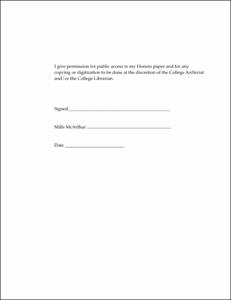Please use this identifier to cite or link to this item:
http://hdl.handle.net/10267/33598Full metadata record
| DC Field | Value | Language |
|---|---|---|
| dc.contributor.author | McArthur, Robert Samuel Mills | - |
| dc.date.accessioned | 2018-05-29T21:13:05Z | - |
| dc.date.available | 2018-05-29T21:13:05Z | - |
| dc.date.issued | 2013-05 | - |
| dc.identifier.uri | http://hdl.handle.net/10267/33598 | - |
| dc.description.abstract | In the fifth century BCE, Athens both developed as a democracy and achieved naval superiority in the Aegean. The state's naval commitment lasted, mostly uninterrupted, until 322 BCE. The fleet, in turn, bolstered Athens' democracy. However, cooperation was not guaranteed. Elites—typically unfavorable to democracy, yet compelled to financially contribute to the navy—often opposed Athens' policies. Challenges of securing manpower and timber further threatened Athens' naval commitment. This thesis, applying Josiah Ober's theory of "knowledge alignment," explores ways that Athens sustained its commitment in spite of these challenges. Alignment strategies to promote cooperative action included public honors and symbolic monumental architecture. | en_US |
| dc.subject | Text | en_US |
| dc.subject | Honors papers | en_US |
| dc.subject | Greek and Roman Studies, Department of | en_US |
| dc.title | Coordinating the Athenian Fleet: Cooperation and Common Knowledge | en_US |
| Appears in Collections: | Honors Papers | |
Files in This Item:
| File | Description | Size | Format | |
|---|---|---|---|---|
| McArthur.Thesis.pdf | 463.28 kB | Adobe PDF |  View/Open |
Items in DSpace are protected by copyright, with all rights reserved, unless otherwise indicated.